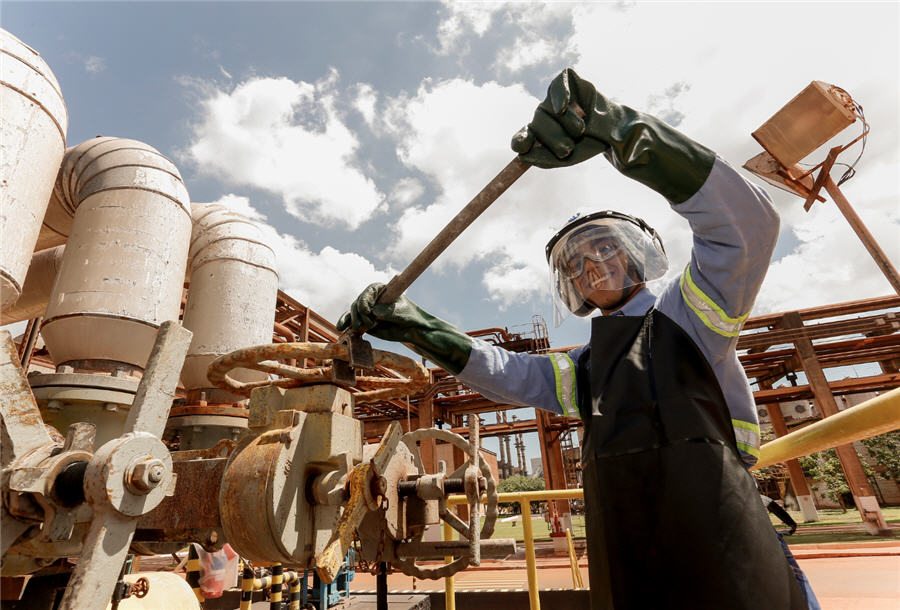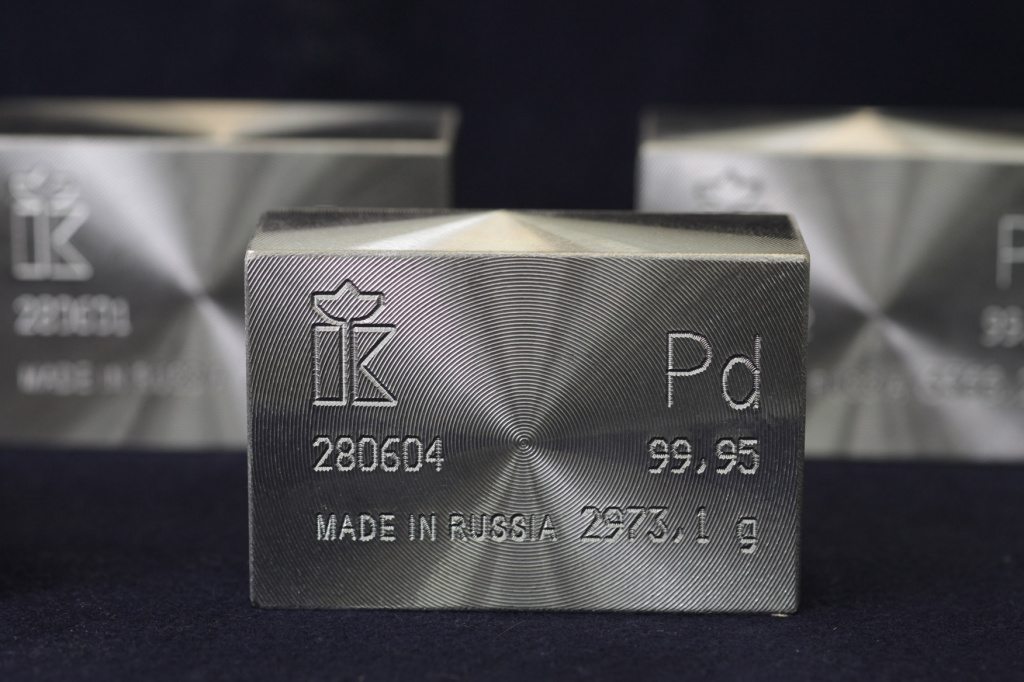HKEX’s mainland China commodity trade platform launches

BEIJING, Oct 19 (Reuters) – A Shenzhen-based commodity exchange controlled by Hong Kong Exchanges and Clearing unexpectedly began spot trading on Friday, giving the HKEX much-coveted access to mainland China’s market.
The launch of Qianhai Mercantile Exchange (QME), located just 50 kilometres (30 miles) from Hong Kong, brings to an end a long wait for HKEX and its chairman Charles Li, who bought the London Metal Exchange (LME) in 2012 for access to the world’s biggest metals consumer.
Li had said in May that HKEX needed “a lot of patience” to develop its business in mainland China, with his pursuit of LME warehousing in the country failing to make headway.
The QME said the first product to trade on the exchange on Friday was alumina, the substance used to make aluminium, rather than a metal itself.
Alumina prices have soared this year amid U.S. sanctions on United Company Rusal, outages at Norsk Hydro’s Alunorte refinery in Brazil and a strike at Alcoa’s operations in Western Australia.
The first spot transaction saw 3,000 tonnes of alumina change hands between Chalco Trade, a unit of state-run Aluminum Corp of China, and Xiamen Xiangyu, at a price of 3,030 yuan ($437.23) a tonne, the QME said in a statement.
The LME is expected to launch its own cash-settled alumina futures contract early next year. HKEX rival the Shanghai Futures Exchange (ShFE) said last month it would release a draft alumina futures contract by the end of this year or early next year.
“The mainland China alumina industry has always called for changes to existing trading and pricing models, and there is an urgent need to establish an open and transparent spot trading mechanism to provide market participants with a credible price benchmark,” it added.
The QME, which will trade from 0900-1545 (0100-0745 GMT) from Monday to Friday, without the midday break used by the ShFE, said it will waive fees until the end of the year to encourage more online transactions.
($1 = 6.9300 Chinese yuan renminbi)
(By Muyu Xu and Tom Daly; Editing by Veronica Brown and Elaine Hardcastle)
{{ commodity.name }}
{{ post.title }}
{{ post.date }}




Comments